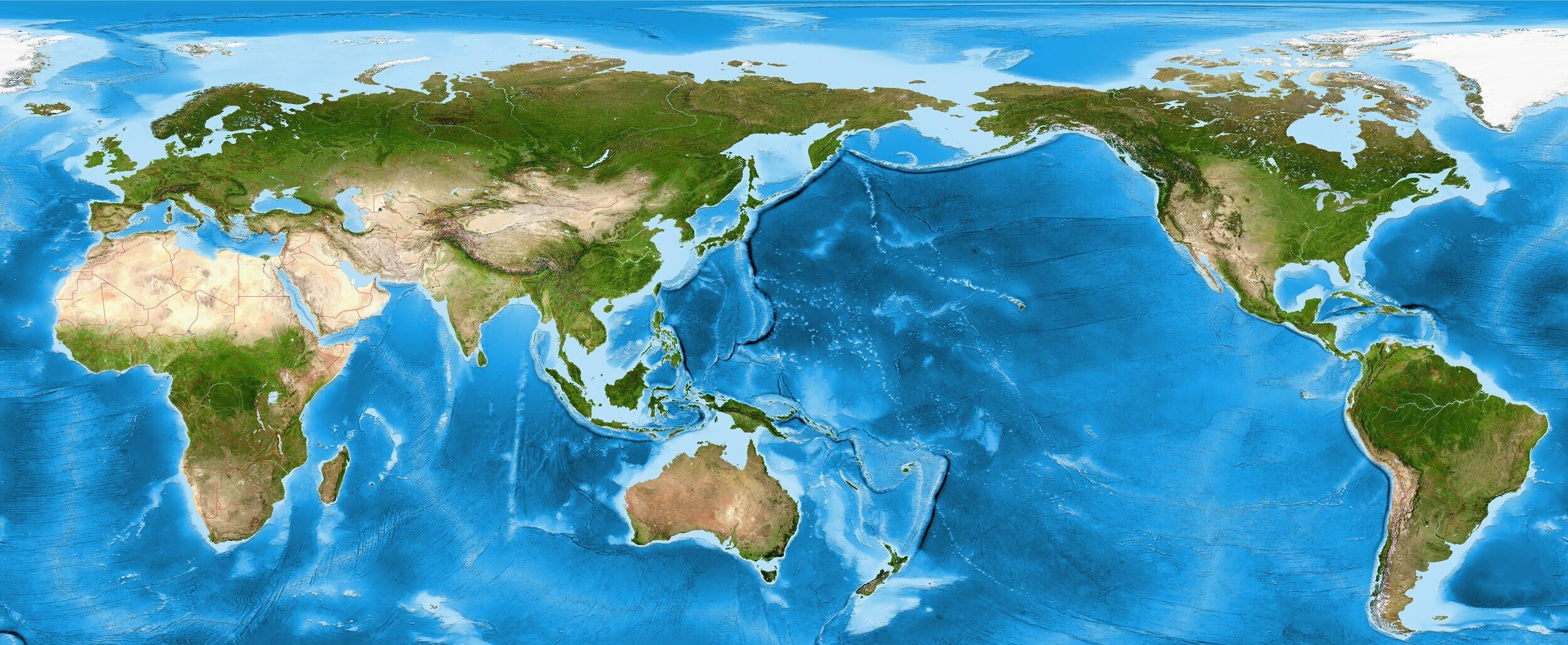All too often, national security policy professionals presume modern technology has obviated the importance of geographic location and physical features. Yet physical geography remains central to national security realities that will only become more severe as competition between great powers of relative parity intensifies.
The Map is Never Neutral
#Reviewing To Master the Boundless Sea
Ultimately, Smith’s book will accommodate both scholars and seekers of American naval heritage. Its reception among historians proves this work as a major contribution to many fields and the broader understanding of the 19th century naval history that led to the American empire. One can appreciate the title To Master the Boundless Sea as an endless endeavor to challenge ourselves to strive and understand the immeasurable depths of the seas and the relationship between knowledge and the environment in which we live.
The Revenge of Geography in Cyberspace
As they have since antiquity, geopolitical factors will continue to shape and constrain world affairs in our digital age. Emerging technologies will only up the ante—as underscored by global debates on Huawei’s involvement in the roll-out of 5G, and China-US trade disputes over data localization. Applying a geopolitical lens to events like these will be an essential first step to crafting good strategy to respond.
#Reviewing Searching for Boko Haram
Frontier zones are the most complex and interesting of regions. They have been explored as wild badlands of smuggling and insurgency in the international system in many recent books from Niall Ferguson, George Friedman, Robert Kaplan, and David Kilcullen. In this vein, Scott MacEachern takes a microscopic view of one relatively small frontier area around the Mandara Mountains on the Cameroon-Nigeria border and describe its inhabitants’ cultural evolution over seven millennia.
#Reviewing The Future of Strategy
Great Strategic Rivalries: The Return of Geopolitics
One cannot go far wrong by employing Thucydides as a foundation for any model, as General George Marshall reminded us. But Marshall surely did not mean for policymakers to end their studies with the Peloponnesian War. Rather, Thucydides is but a starting point for a much wider historical study aimed at revealing the true nature of strategic rivalries and the character of their ensuing conflicts.
#Reviewing Earning the Rockies
It was America’s good fortune—Manifest Destiny if you will—to rise on a temperate continent with abundant resources. Great Britain ceded its empire in part because it could trust and rely on the United States. America does not share this luxury. Pragmatism must be America’s watchword, for neither isolationism nor unilateralism will work.
The Nature of Strategy: Pericles and the Peloponnesian War
Thucydides’s account of the Peloponnesian War provides for a range of lessons about the nature of strategy applicable to a wide audience. The period demonstrates the inherent complexity in understanding the concept of strategy, a concept that remains devoid of a coherent, agreed, and universal definition. What the Periclean strategy does provide, however, is insight into the importance of understanding the implications of the political objective, strategy and military culture, and geography and operating environment and their influence on the nature of strategy.
The Problem of Distance in the Information Age: Challenges for Militaries and Politicians
We live in an era of instant connection and instant communication. For instance, when news of a military incident breaks, within seconds it can be rebroadcast around the world. Within minutes commentators demand that something must be done. Yet the speed at which the news breaks means that in an era where information flow has made it easy for a military’s higher headquarters to be kept abreast of every tactical incident, we forget that the flow of information vastly outpaces than the speed of military deployment.













